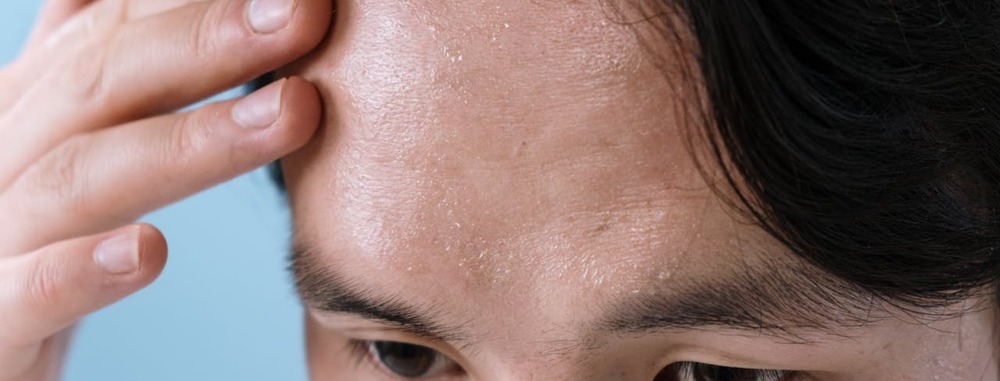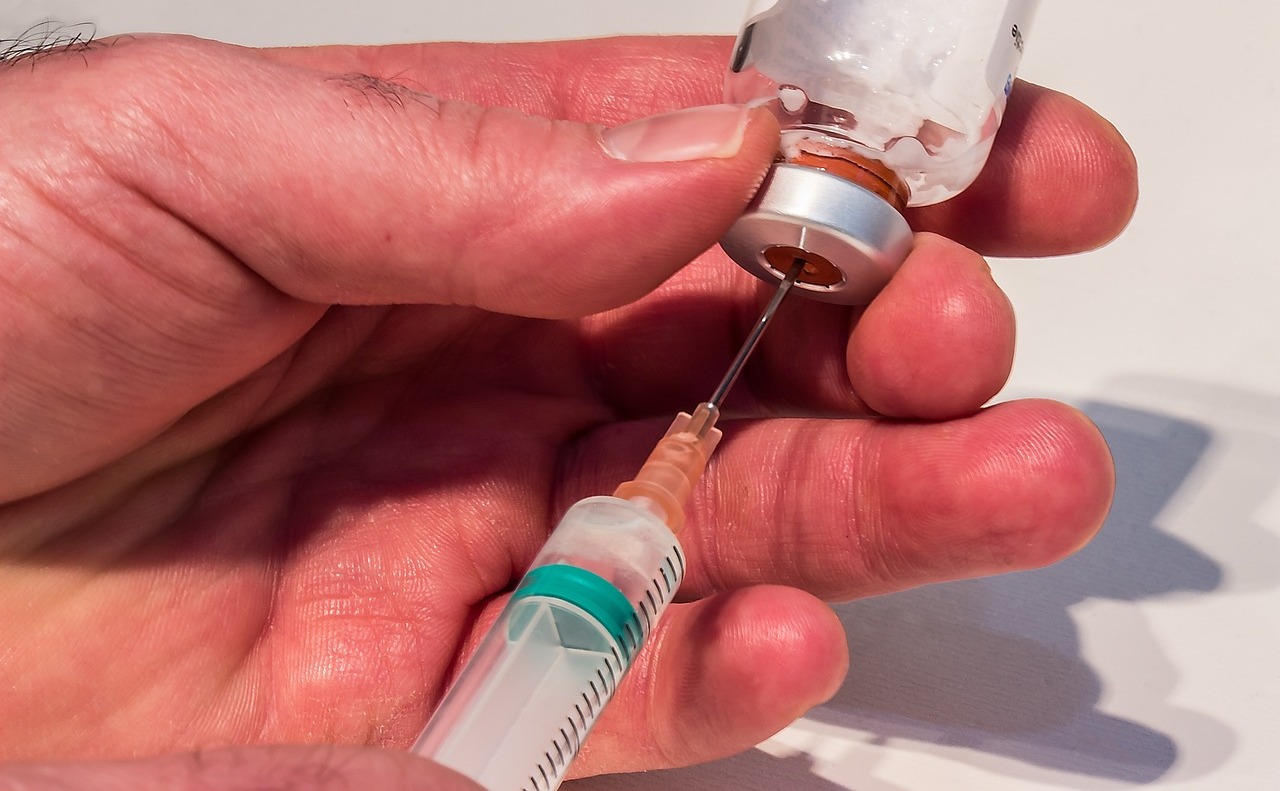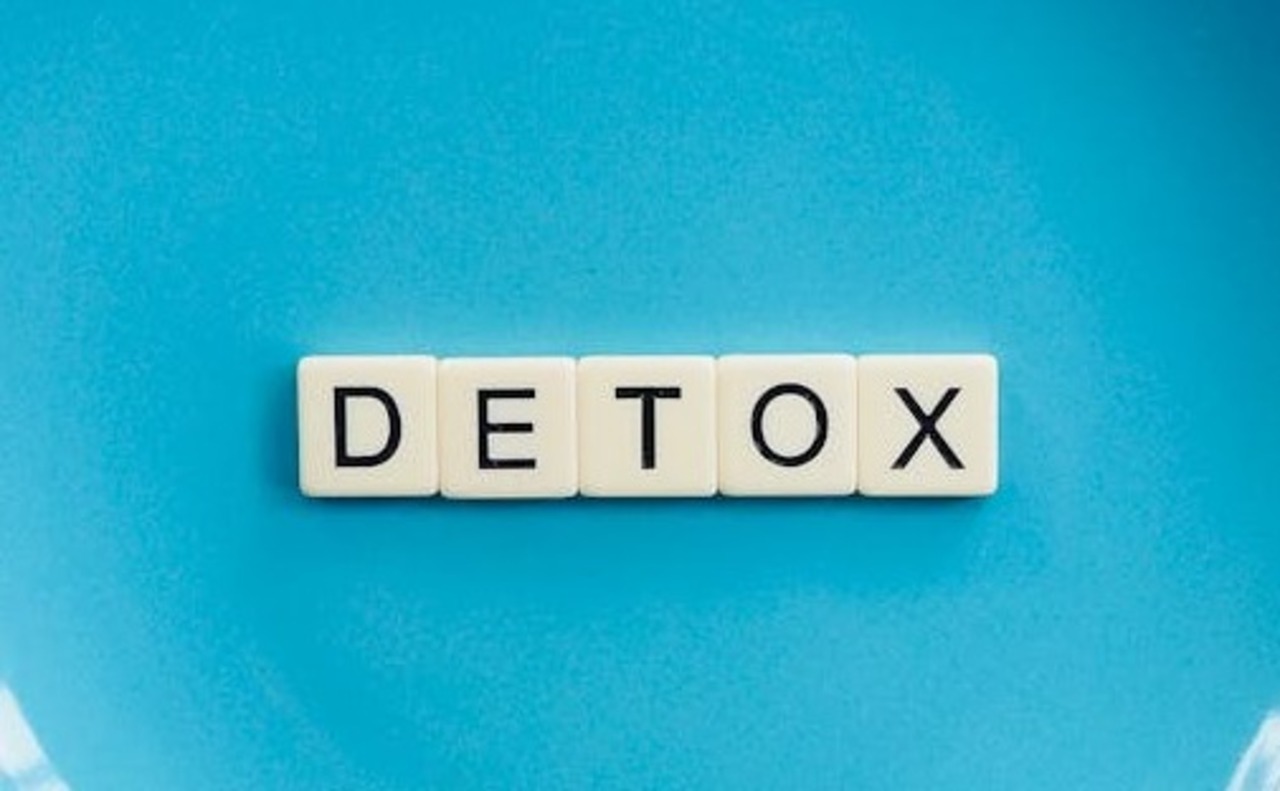Many professionals and working adults delay or avoid getting help for addiction because of one major fear: losing their job. The truth is, you can go to rehab without losing your job, and there are legal protections and flexible treatment options designed specifically for people in your situation.
At Colorado Medication Assisted Recovery (CMAR), we understand how important it is to balance treatment with work responsibilities. Whether you’re considering detox, outpatient rehab, or dual diagnosis care, we can help you take the first step, confidentially and without jeopardizing your employment.

Legal Protections for Employees Seeking Rehab
The Americans with Disabilities Act (ADA) and the Family and Medical Leave Act (FMLA) provide federal protections that can help you attend rehab without being fired or disciplined.
1. FMLA: Job-Protected Leave
FMLA allows eligible employees to take up to 12 weeks of unpaid, job-protected leave for severe health conditions, including substance use disorders.
Key points:
- Your employer cannot fire you for seeking treatment
- Your health benefits remain active during leave
- You don’t have to disclose details of your condition, only that you need medical leave
To qualify:
- You must work for a covered employer (most employers with 50+ employees)
- You must have worked at least 1,250 hours in the past 12 months
2. The ADA: Protection Against Discrimination
The ADA protects individuals with substance use disorders from being fired because of their condition, as long as they are actively seeking treatment.
This law:
- Prevents employers from firing you due to your medical diagnosis
- Encourages reasonable accommodations (e.g., adjusted schedule for treatment)
Should You Tell Your Employer?
This decision is personal, but often necessary if you plan to take time off.
You do not need to disclose your addiction history. Under FMLA or ADA protections, you are only required to notify HR or a supervisor that you need medical leave for a serious health condition.
At CMAR, we work with many Colorado professionals who need help navigating these conversations and ensuring their privacy is respected.

Outpatient Rehab Options That Let You Keep Working
Not everyone needs to take weeks off for inpatient rehab. In fact, most people can attend treatment without leaving their jobs, primarily through CMAR’s outpatient and telehealth programs.
Intensive Outpatient Program (IOP)
Our IOP offers flexible scheduling options (morning, afternoon, and evening sessions) to fit around your work schedule. You’ll receive:
- 3–5 days per week of therapy
- Group and individual counseling
- Medication-assisted treatment (MAT)
- Dual diagnosis care for mental health support
Many of our clients in Denver attend IOP before or after work, allowing them to stay on top of both their recovery and career.
Partial Hospitalization Program (PHP)
If you need more structure, our PHP provides 5–6 hours of treatment daily, but without requiring overnight stays. This option works well for people who can take short-term leave or work part-time while receiving care.
Will Your Employer Find Out?
Your treatment is confidential under HIPAA laws. CMAR never shares your health information with employers unless you provide written consent.
Even when using FMLA, you’re only required to provide documentation stating that you need medical leave. No details about the nature of your treatment must be disclosed.
Common Myths About Rehab and Employment
“If I go to rehab, I’ll get fired.”
Most people are legally protected under the FMLA and the ADA. Your employer cannot terminate you for seeking treatment.
“I can’t afford to miss work.”
Many of CMAR’s clients keep working while in treatment through IOP and telehealth. We design our programs around your schedule.
“My job won’t support me.”
You might be surprised. Many HR departments are trained to handle medical leave professionally and discreetly.
How CMAR Supports Working Professionals
At CMAR, we specialize in helping people maintain their lives while recovering from substance use disorders. Here’s how we support working clients across Colorado:
- Flexible schedules (evening, morning, remote)
- Insurance verification & FMLA documentation support
- Medication-assisted detox in an outpatient setting
- Ongoing therapy, case management, and peer support
We’ve helped countless Coloradans begin recovery without risking their jobs, reputations, or privacy.

Taking the First Step: What to Do If You’re Ready
Here’s how to safely start your recovery journey without jeopardizing your job:
Step 1: Confidential Assessment
Call (855) 454-4003 or submit a form to schedule your private consultation.
Step 2: Insurance Verification & Leave Options
We’ll walk you through insurance, FMLA paperwork, and your treatment options.
Step 3: Begin a Flexible Treatment Plan
Start with outpatient detox, IOP, or PHP, depending on your needs.
Final Thoughts: You Can Get Help Without Sacrificing Your Career
It’s never easy to admit you need help. But choosing treatment doesn’t mean losing everything you’ve worked for.
At Colorado Medication Assisted Recovery, we make sure you can heal without pausing your life. From flexible outpatient programs to legal protections and compassionate care, we’re here to help you build a better future.



















































